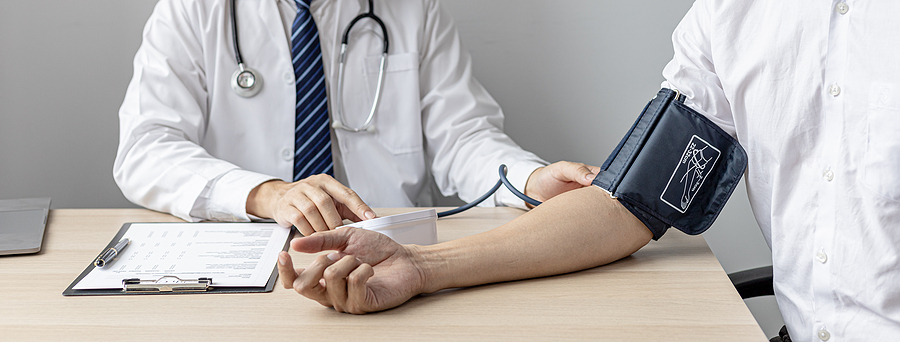Chronic diseases, what are they?
Too often we discount real health issues as minor symptoms of aging, underplay the severity, or overlook how long the symptoms have persisted. The unfortunate result is having a preventable or manageable life threating disease progress further than it should have. It’s important to understand warning signs, what a chronic disease is, when to see your doctor.
First, it’s critical to understand that Chronic diseases are defined by the CDC “as conditions that last 1 year or more and require ongoing medical attention or limit activities of daily living or both”.
The symptoms could include:
- Frequent Urination
- Intense thirst
- Blurry vision
- Extreme Hunger
- Numb or tingling hands or feet
- Exhaustion
- Very dry skin
- Severe headaches
- Chest pain
- Dizziness
- difficulty breathing
- Nausea and vomiting
- Anxiety
- A change in normal bowel habits
- Blood on or in the stool that is either bright or dark
- Unusual abdominal or gas pains
- Unexplained weight loss
- Anemia
- Pain in leg, arm, jaw or back
Example of chronic diseases include:
- Alzheimer’s Disease
- Cancer
- Chronic Lung Cancer
- Chronic Kidney Disease
- Diabetes
- Heart Disease
- Hypertension or high blood pressure – most common in Cayman Islands
- Thyroid or gastrointestinal problems
- Stroke
Leading causes of death and disability
CDC reports that chronic diseases are the most common cause of death and disability in the US, resulting in over 4 trillion (USD) spent by Americans on healthcare each year. In particular the top two most deadly chronic diseases are:
Ischaemic Heart Disease:When an individual experiences complication with their heart due to narrow heart arteries. Arteries narrowing results in less blood flow and oxygen pumping to the heart. The American Heart Association offers several warning signs of a heart attack to be aware of, which include:
- Chest pains or discomfort (most common sign)
- Pain or discomfort in other areas of the upper body including: neck, jaw or stomach.
- Shortness of breath
- Cold sweats
- Nausea
- Lightheadedness
- Common signs in women: while the most common sign of a heart attack for both men and women are chest pains and discomfort. However, there are several other warning signs for women which include: shortness of breath, nausea/vomiting, and back or jaw pain.
This is the result of a limited amount of blood being supplied to the brain, which lessens the oxygen and other proper nutrients the brain tissue receives. Without these, the brain cells can die in minutes.
There are key signs to look out for if someone has a stroke. Mayo Clinic offers 5 main symptoms to look out for:
- Trouble speaking and understanding others
- Paralysis or numbness in face, arm or leg
- Vision problems in one or more eyes
- Headache
- Dizziness or trouble walking
Research has shown that individuals with other chronic conditions such as high blood pressure, a condition which is infamous for the fact that there are not normally any outward symptoms to indicate you have it, may experience a heart attack or stroke as one of their first symptoms.
Importance of early detection management in Cayman
In general, it is vital that individuals are screened to be able to detect any chronic conditions as early as possible and look out for any of the warning signs mentioned above. With studies showcasing that high blood pressure is the most common chronic disease in the Cayman Islands, it is even more vital to get screened, due to the difficulty of being able to detect high blood pressure because of the lack of outward symptoms explained above.It is worth noting that there are certain things that can increase the risk to be mindful of which includes:
- Family history
- Smoking or inhaling secondhand smoke
- Poor diet and nutrition
- Lack of exercise
- Excessive alcohol use
However, while the above is important to be mindful of, the surest way to see whether you have or are at risk of having high blood pressure, is through screening. At Integra Healthcare, it only takes 15 minutes to have your blood pressure professionally checked and other risk factors assessed.
Don’t delay, book your free assessment now.



